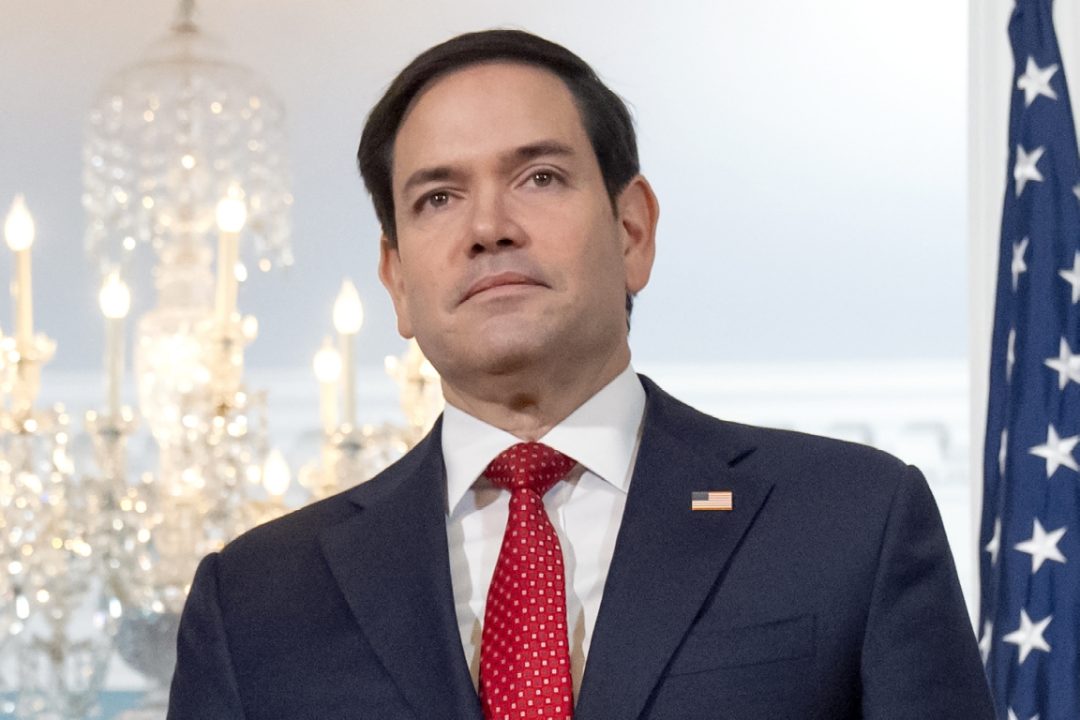
It appears that the far-left outfits who persuaded a Canadian-born federal judge to block President Donald Trump’s executive order that suspended foreign aid won’t get their way.
In its reply to the court’s temporary restraining order, the administration has argued that almost all the agreements for foreign aid and other taxpayer handouts contained clauses that permit the federal government to suspend the agreements.
One of the plaintiffs in the case was the global “journalism” outfit that published stories cited in the first impeachment of President Trump in 2019.
Executive Order, Lawsuit
Trump suspended foreign aid for 90 days because the “foreign aid industry and bureaucracy are not aligned with American interests and in many cases antithetical to American values,” his order said. “They serve to destabilize world peace by promoting ideas in foreign countries that are directly inverse to harmonious and stable relations internal to and among countries.”
The order allowed waivers upon review by Secretary of State Marco Rubio. And he has, indeed, restored some of the funding.
And, of course, the unelected freeloaders who depend upon taxpayer largesse sued the administration in the U.S. District Court for Washington, D.C. They just happened to get a foreign-born judge, Amir Ali, to preside over the case.
The Plaintiffs
One of the plaintiffs is an AIDS outfit. It argued that “the abrupt cessation of funding and the stop-work order has been disastrous” because “its grant funding through USAID constitutes forty percent of its total operating budget.”
The more interesting plaintiff is the Journalism Development Network. That far-left freeloader claims it is saving democracy by funding journalists across the planet to help fight “corruption:”
[I]ts work through the Global Anti-Corruption Consortium … exists to bring together journalists, advocates, and anti-corruption stakeholders to tackle transnational corruption and facilitate action by government, law enforcement, and international organizations. It is comprised of over 100 reporting partners, 98 civil society organizations, and two universities across 76 countries.
You’d think a journalism outfit would know how to use “comprise” correctly, but in any event, JDN didn’t confess something important. The hate-Trump “whistleblower” who fomented Trump’s first impeachment cited the work of JDN’s subsidiary — the Organized Crime and Corruption Reporting Project — four times in his hearsay letter to House and Senate intelligence committee chairman. OCCRP has bragged that it helps overthrow governments, a salient fact given its involvement in the Trump impeachment effort.
Upshot: U.S. taxpayers not only subsidized the far-left impeachment of Trump but also are subsidizing the far-left’s lawsuit to stop him from reviewing foreign aid. JDN has collected at least $11.7 million from taxpayers.
Anyway, like the lawsuit to stop Rubio from firing almost all the USAID workforce, the plaintiffs argue that Trump violated the separation of powers, the Administrative Procedure Act, and the take care clause of the Constitution.
The Ruling
An immigrant born in Kingston, Canada, Ali ruled that the “plaintiffs have provided evidence that they have been and will continue to be forced to shut down program offices, to furlough or terminate staff, and in some cases to shutter their businesses entirely.”
As well, he wrote:
[T]he stated purpose in implementing the suspension of all foreign aid is to provide the opportunity to review programs for their efficiency and consistency with priorities. However, at least to date, Defendants have not offered any explanation for why a blanket suspension of all congressionally appropriated foreign aid, which set off a shockwave and upended reliance interests for thousands of agreements with businesses, nonprofits, and organizations around the country, was a rational precursor to reviewing programs. The most Defendants offer is the possibility that some of the abruptly terminated contracts might have had clauses which allowed termination in certain circumstances; however, as noted, Defendants have acknowledged that they implemented a blanket suspension that was not based on the presence or consideration of such contractual terms.
Ali also ruled that the plaintiffs showed that the suspension was “arbitrary and capricious.”
Importantly, Ali said he would not enjoin the administration from enforcing the terms of “particular contracts, including with respect to expirations, modifications, or terminations pursuant to contractual provisions.”
Administration Reply
Which is exactly what the administration, in its mandated status report, claimed it did.
In its report filed yesterday, the administration trumped Ali’s order. An analysis of the foreign aid showed that the suspensions pursuant to Trump’s order were, as the old saw goes, perfect according to Hoyle.
“Thus far, that analysis has confirmed that at least substantially all of the terminations, suspensions, and stop-work orders issued on USAID contracts, grants, and cooperative agreements were allowed by the terms of those instruments or terms implicitly incorporated into those instruments,” the report says:
USAID has not yet identified a termination, suspension, or stop work order issued on a USAID contract, grant, or cooperative agreement that was not allowed by the terms of those instruments or terms implicitly incorporated into those instruments.
As well, the “parallel analysis” of the State Department’s other contracts and grants, etc., showed that suspending them “was allowed by those instruments’ terms or terms implicitly incorporated into those Instruments.”
“The Department has identified about 70 contracts and 6,824 grants suspended or on which a stop-work order has issued where the contract or grant instrument may not expressly authorize a suspension or stop-work order,” the report says. So just about one percent of the contracts or agreements do not contain a suspension clause.
“Given the number of contract and grant instruments involved, review is ongoing,” the report continues:
Nevertheless, the Department understands it is entitled to terminate each of these contracts and grants under the express terms of those contracts and grants, or under terms implicitly incorporated into those instruments.
The report also says the department can “terminate, suspend, or issue a stop-work order” by its own authority, independent of Trump’s order. As well, the administration said, the department and USAID are still distributing foreign aid. USAID is about to disburse more than $250 million.
“The Court’s order permits Defendants to exercise their rights under the terms of contracts and grants, which Defendants understand to include express and implied terms,” the report says.




